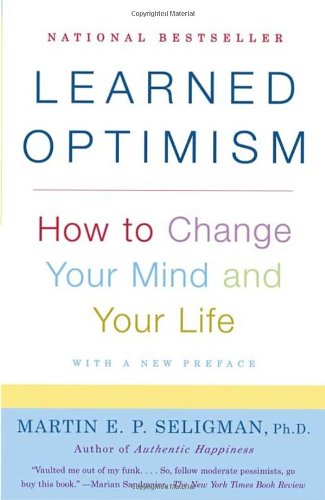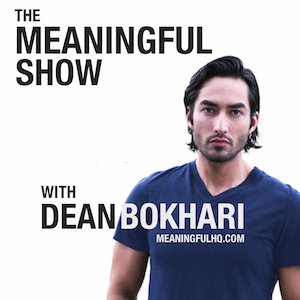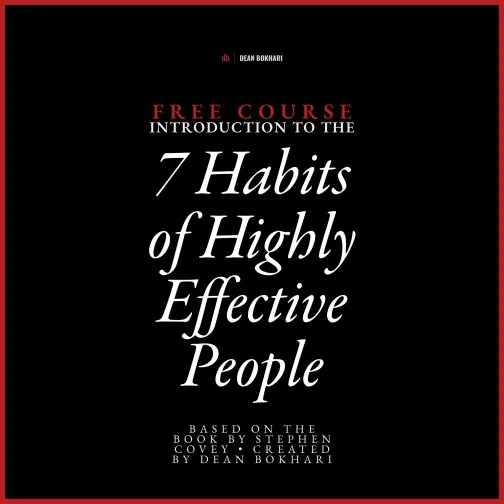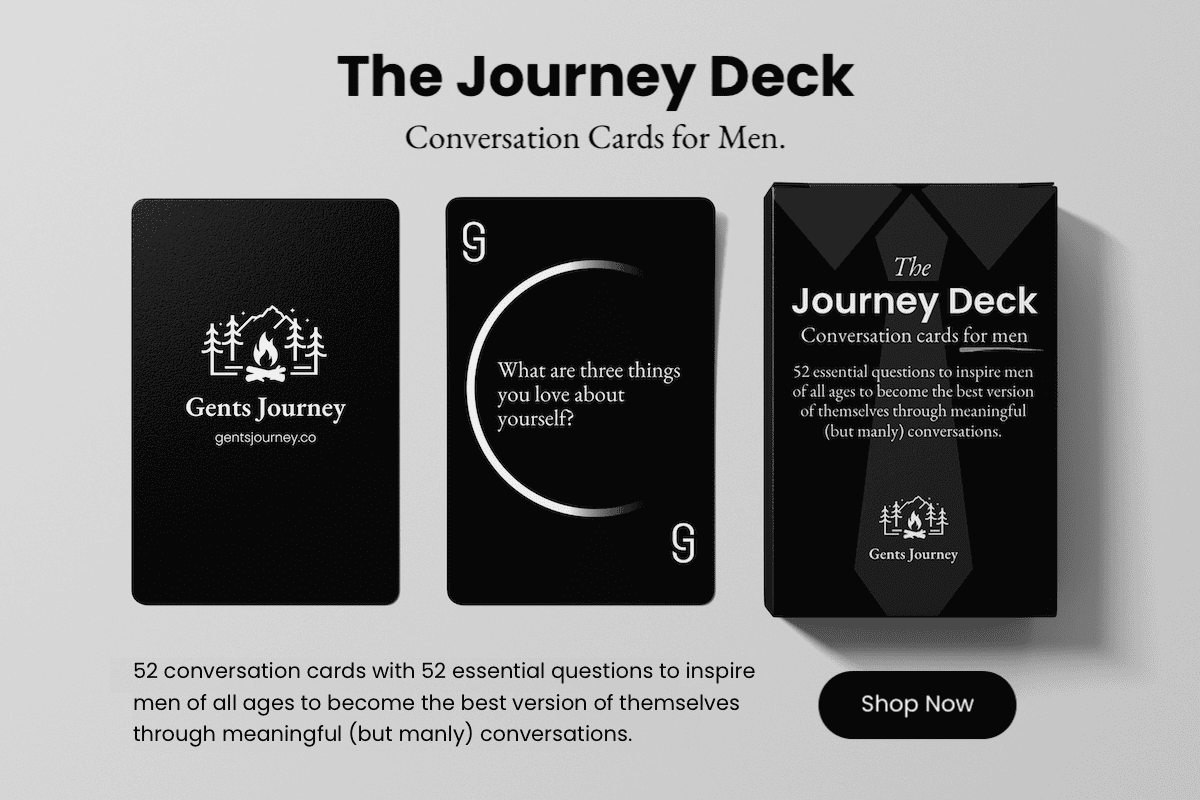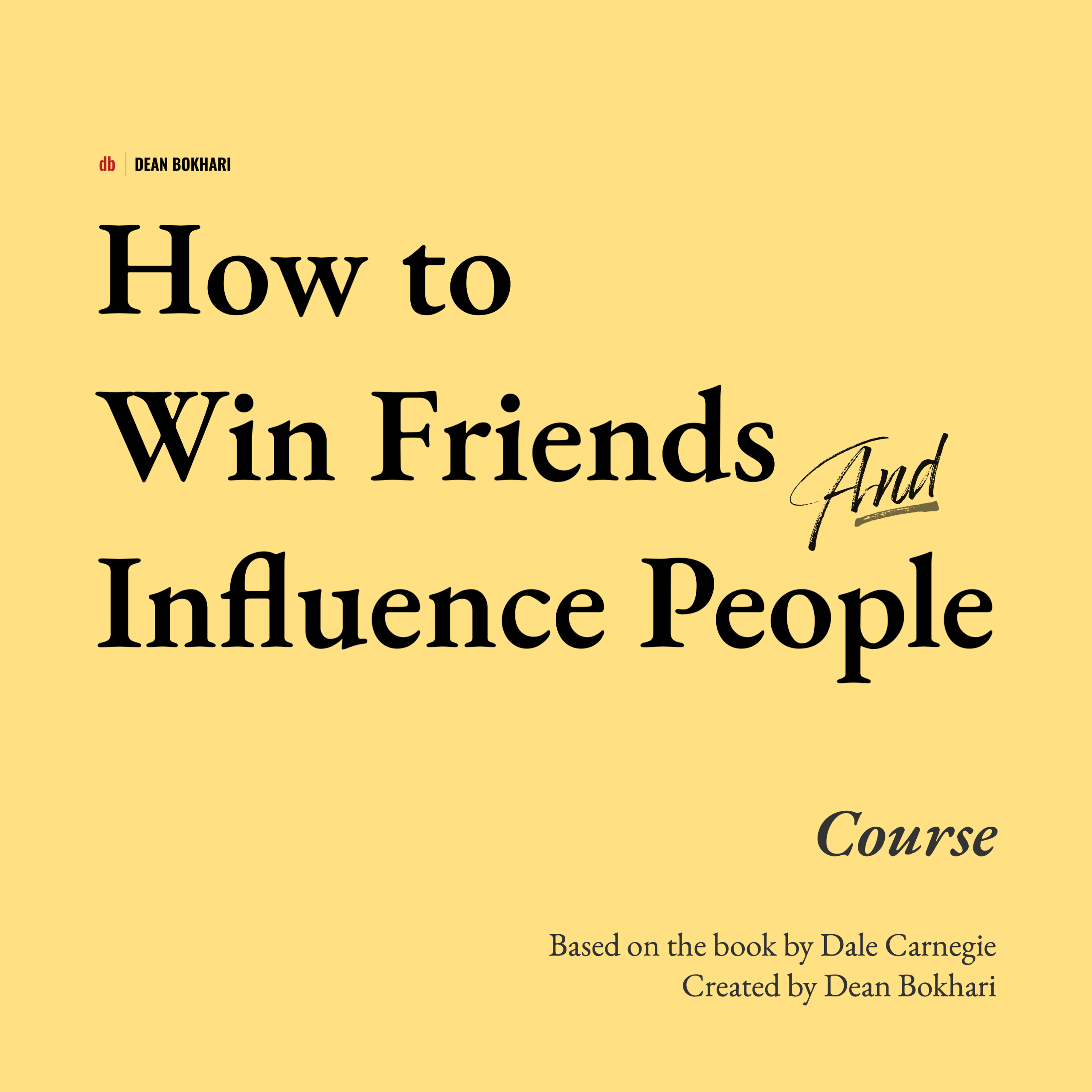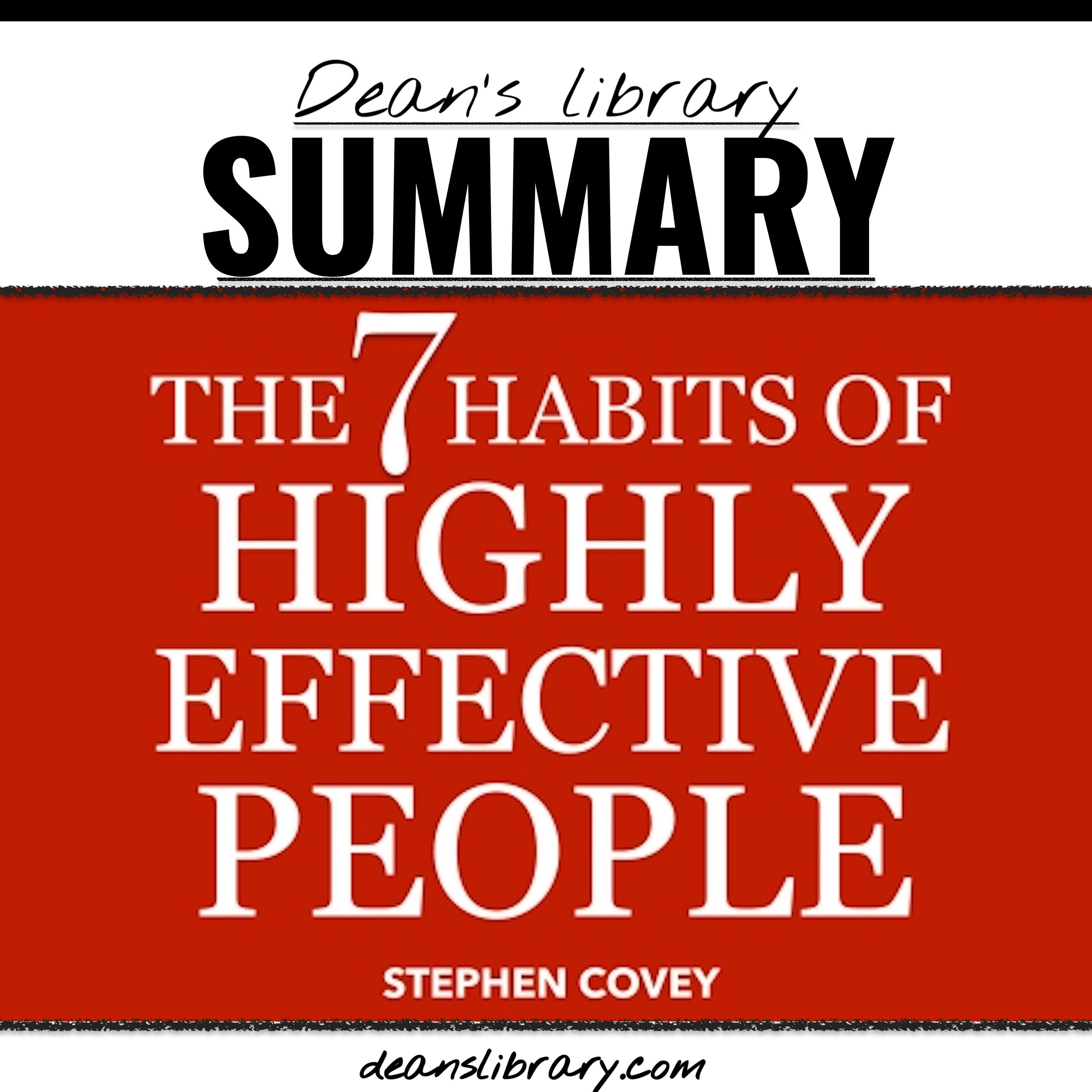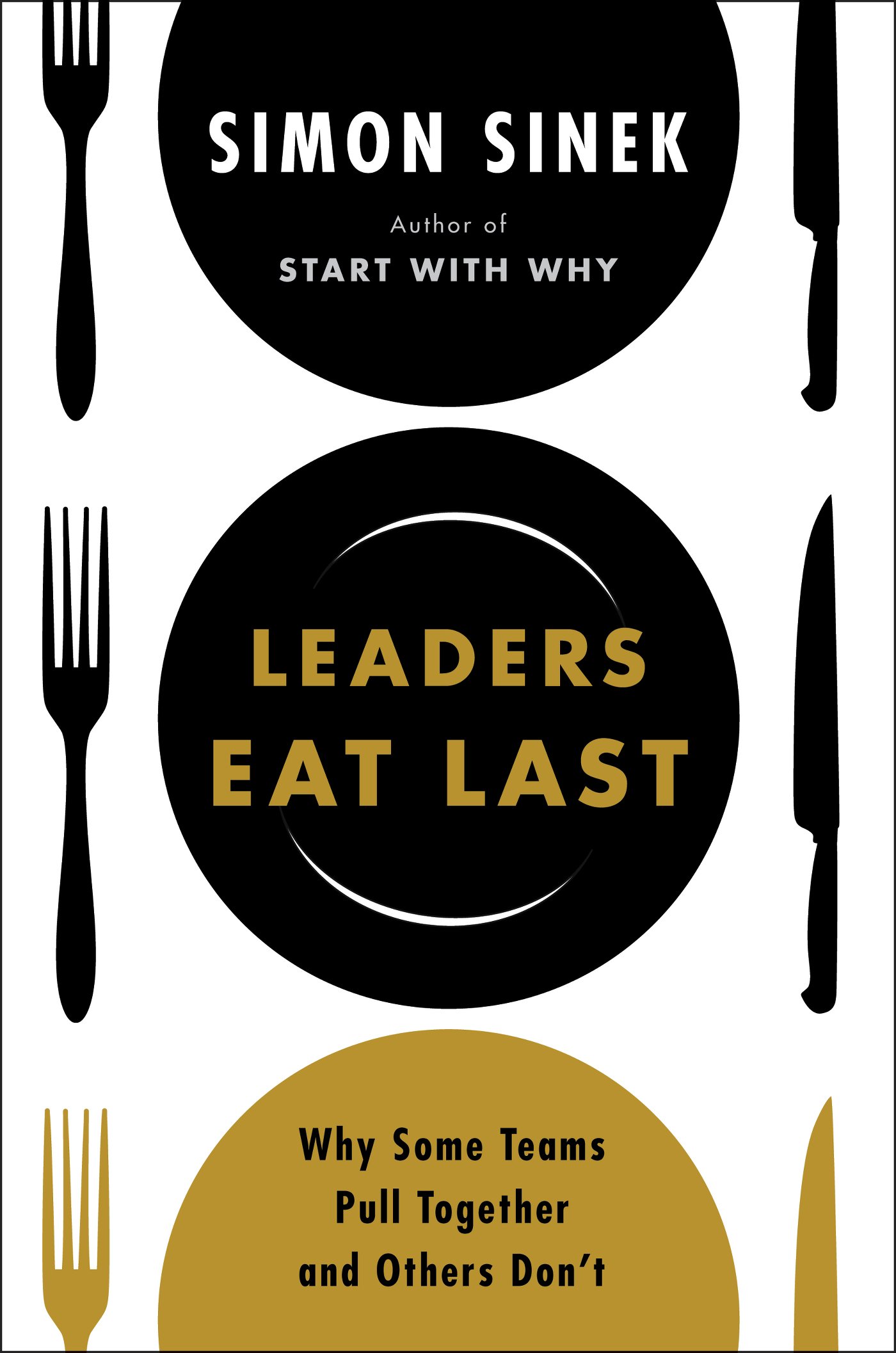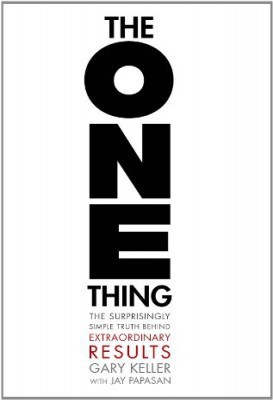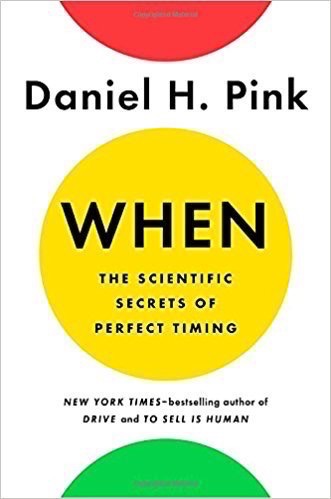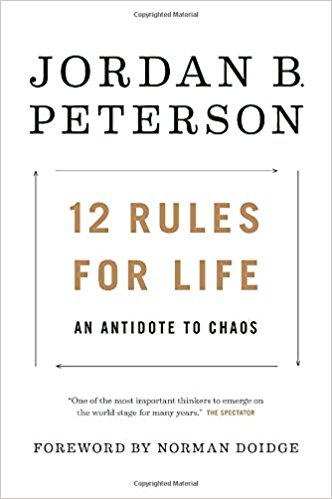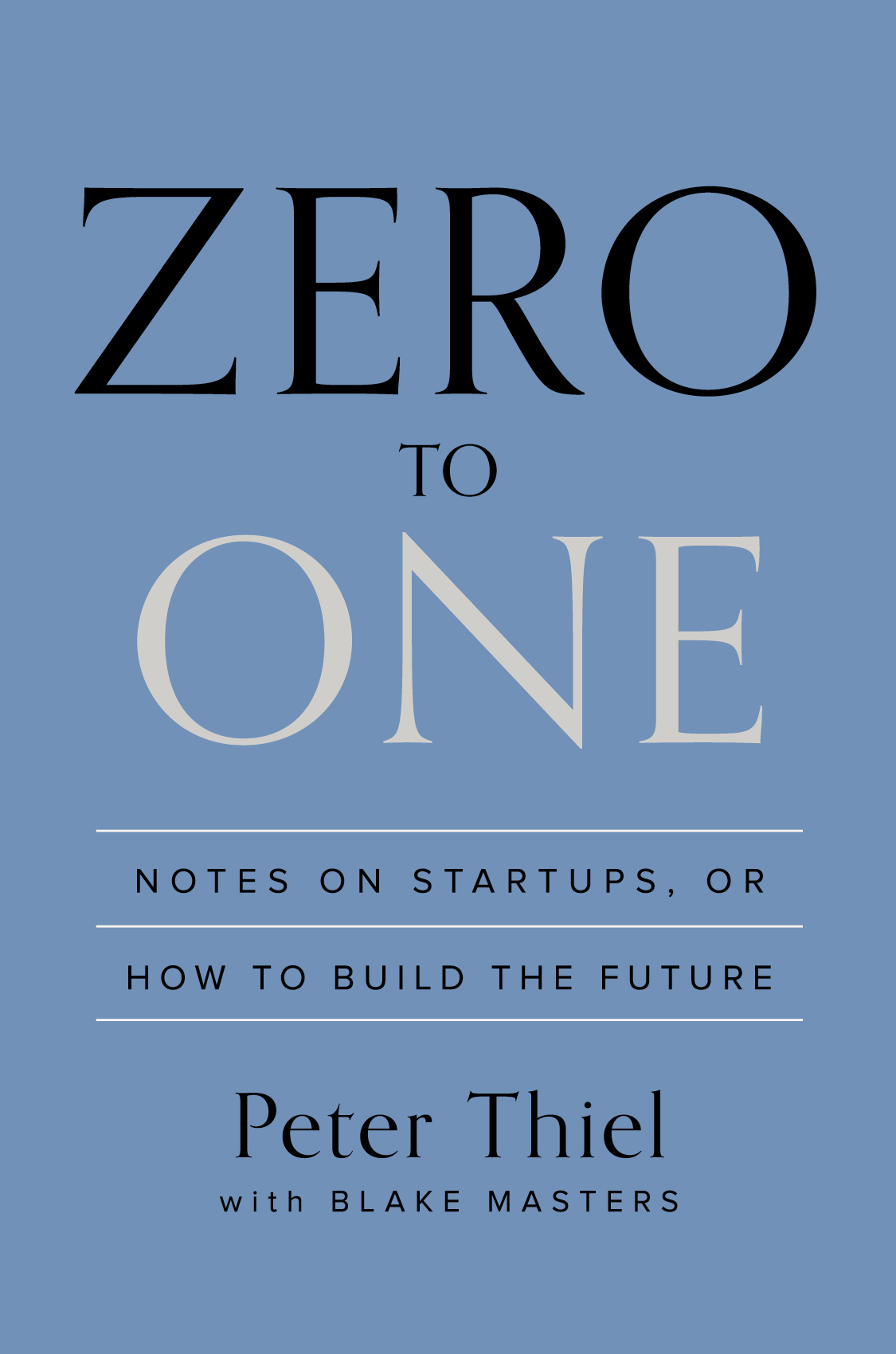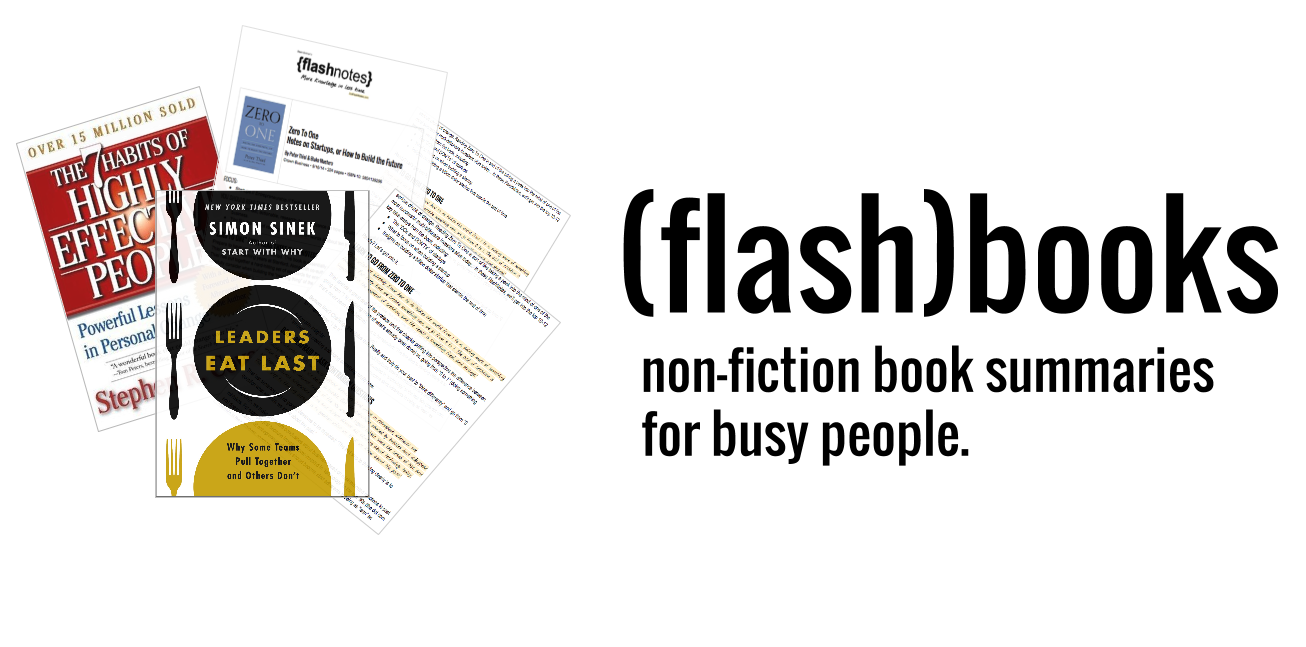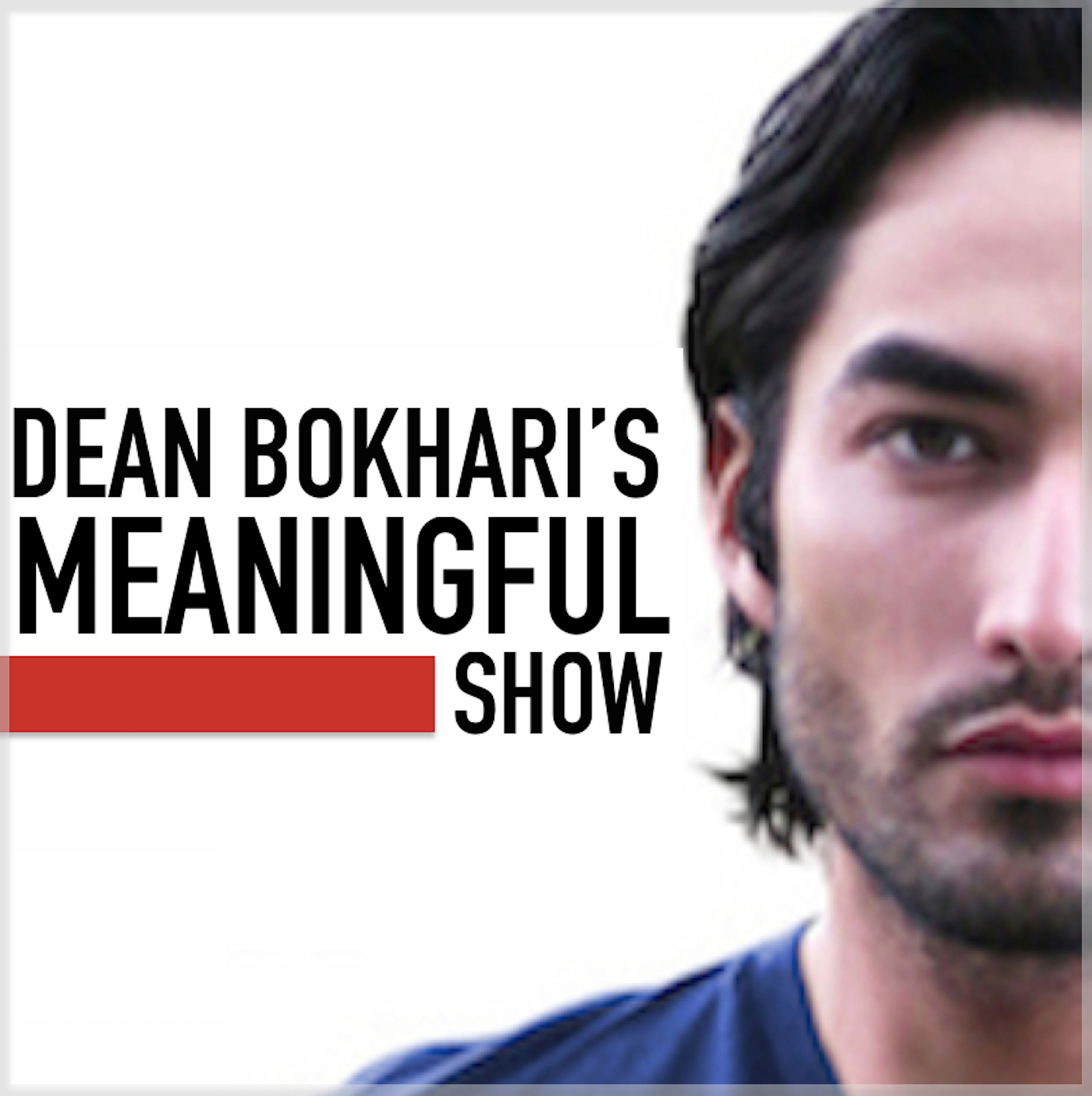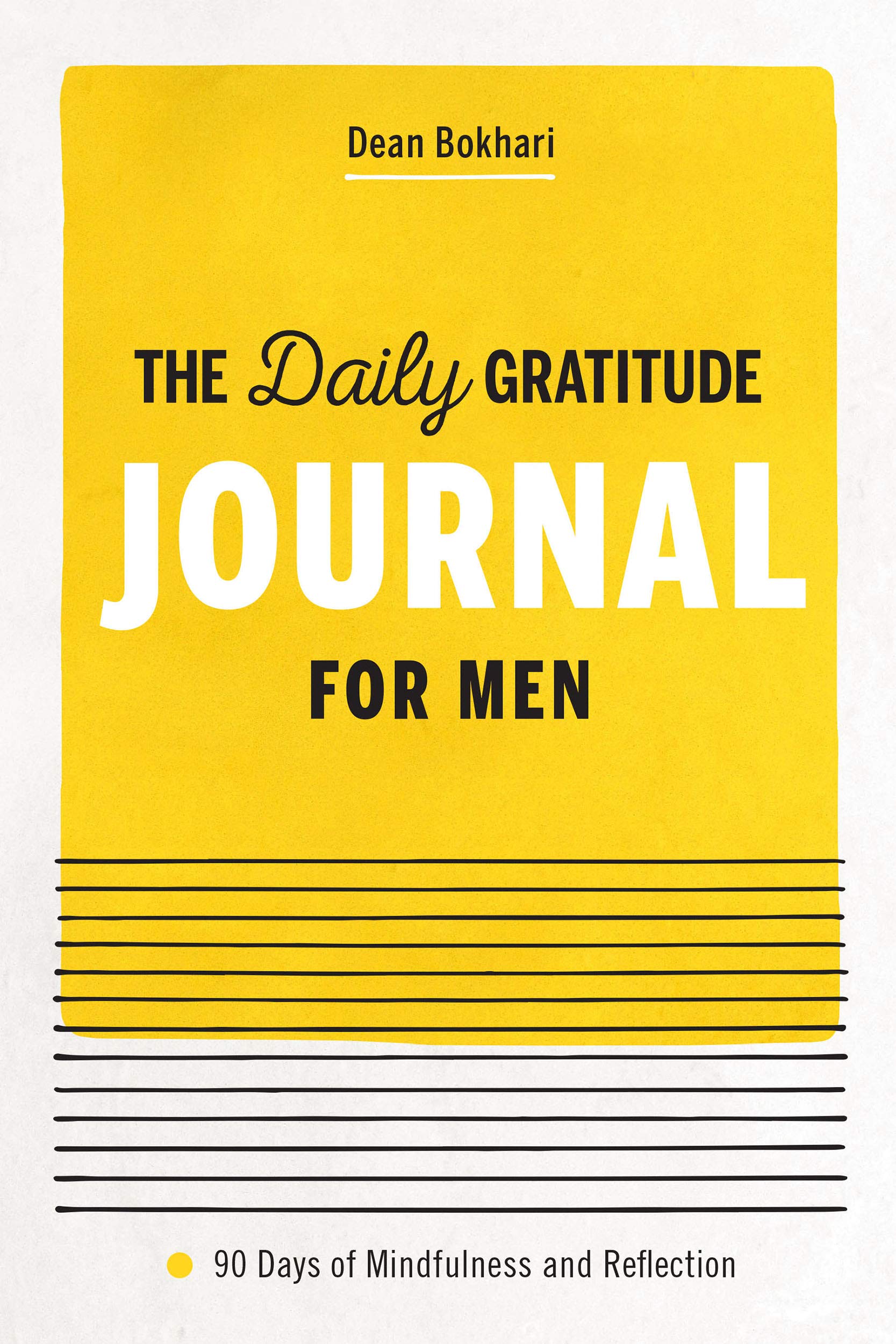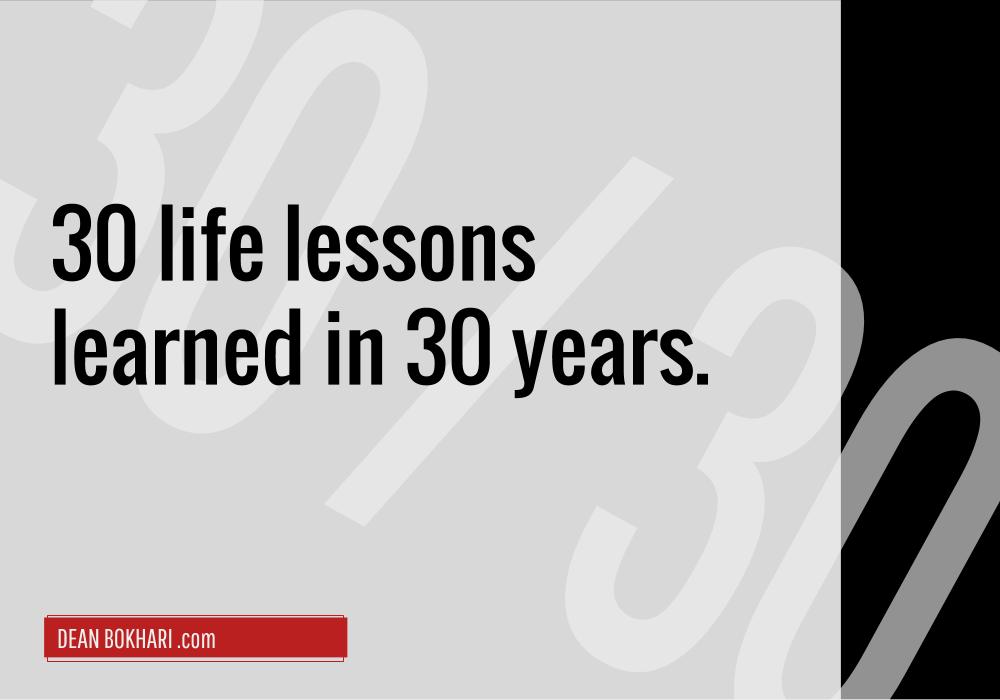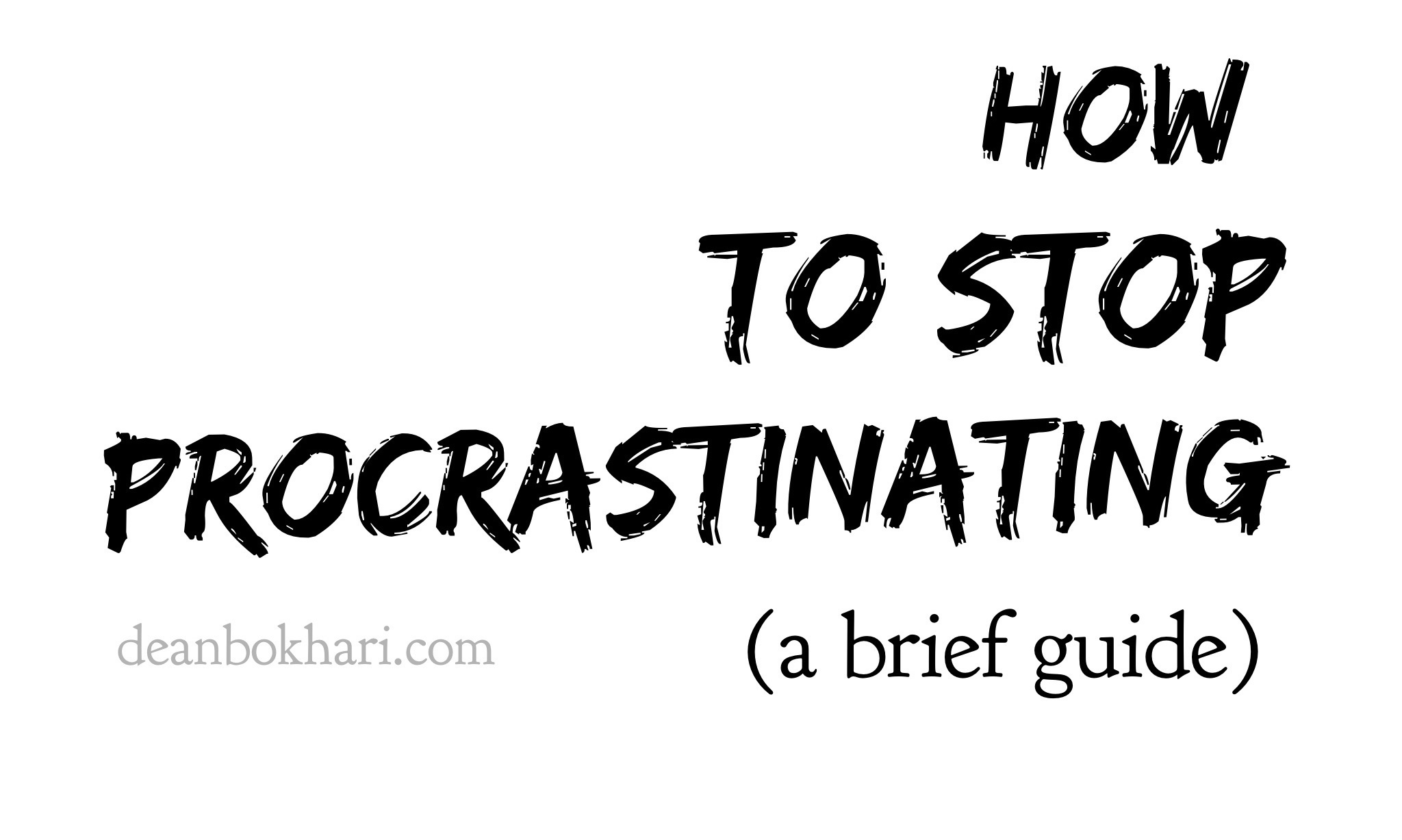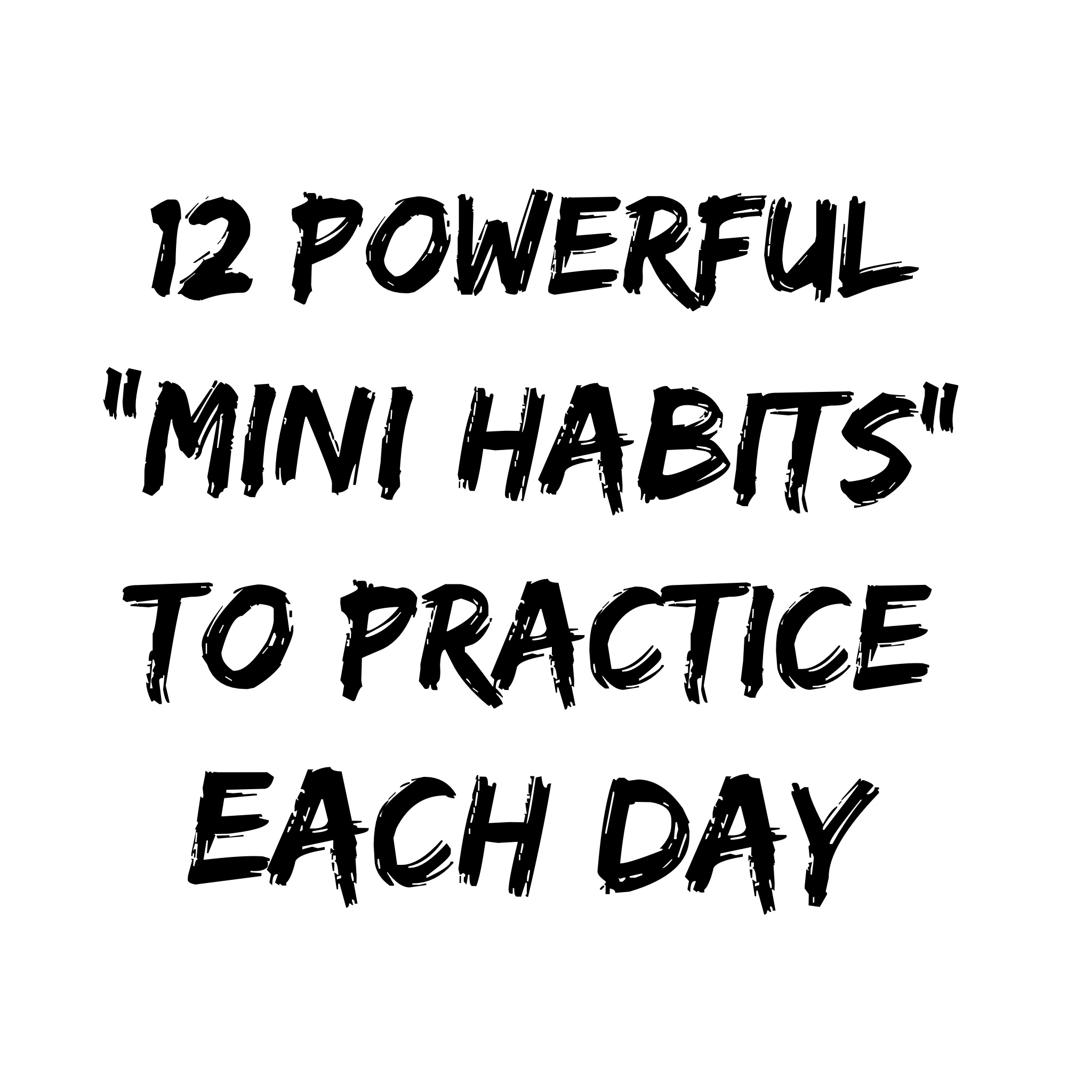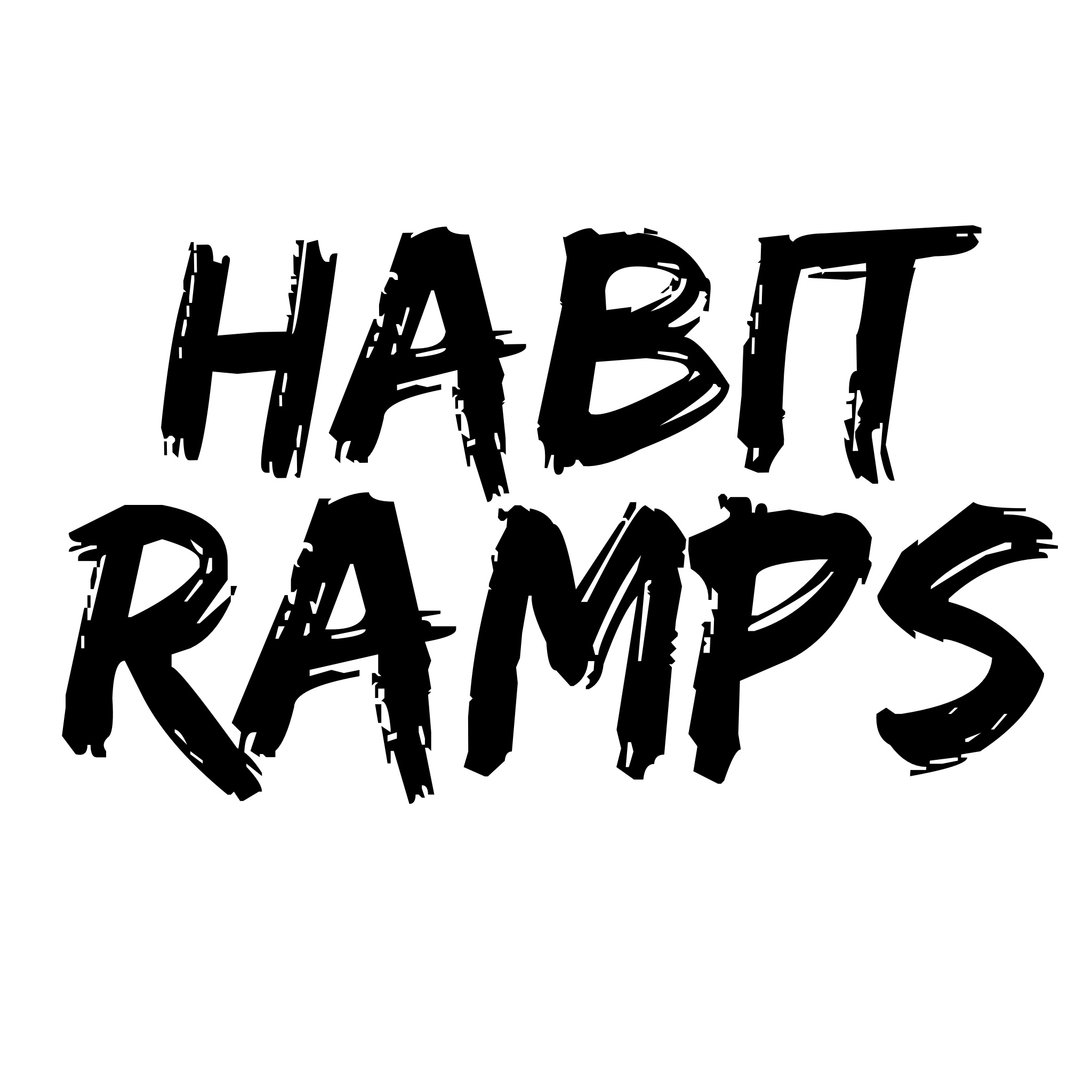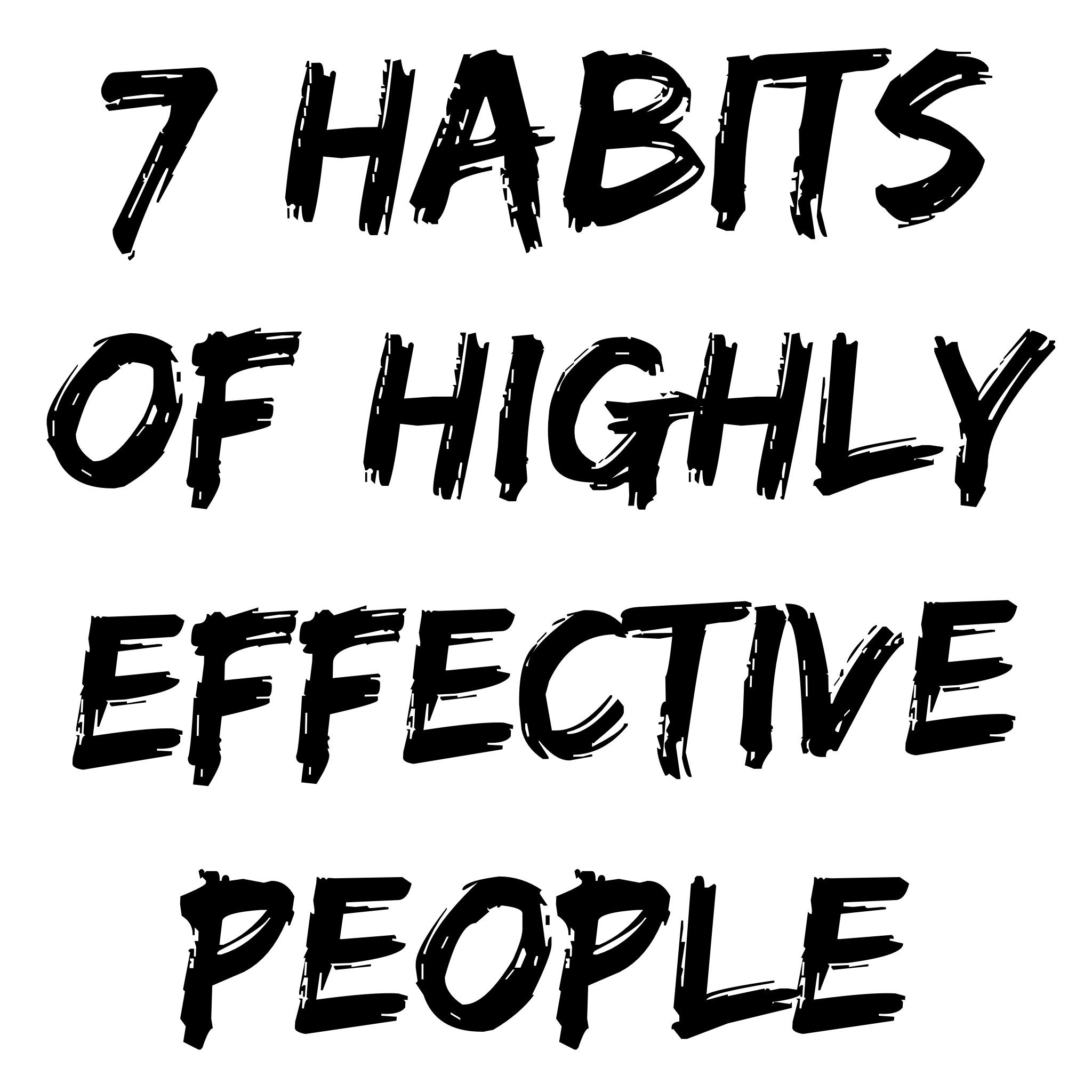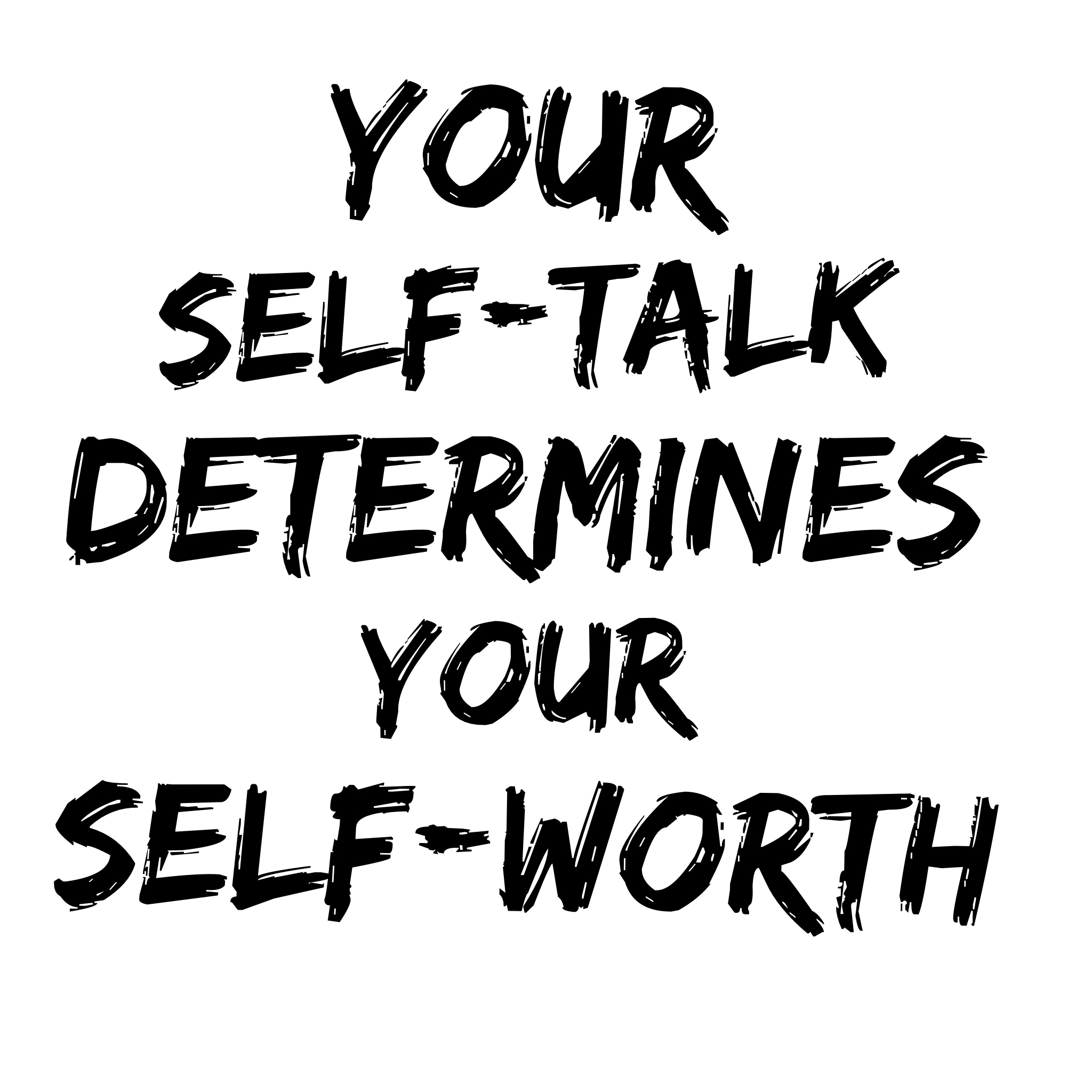Optimism vs Pessimism
In his book, Learned Optimism, author Martin Seligman makes a great distinction between the Optimist and the Pessimist:
" The optimists and the pessimists: I have been studying them for the past twenty-five years. The defining characteristic of pessimists is that they tend to believe bad events will last a long time, will undermine everything they do, and are their own fault. The optimists, who are confronted with the same hard knocks of this world, think about misfortune in the opposite way. They tend to believe defeat is just a temporary setback, that its causes are confined to this one case. The optimists believe defeat is not their fault: Circumstances, bad luck, or other people brought it about. Such people are unfazed by defeat. Confronted by a bad situation, they perceive it as a challenge and try harder.
[...]
" I have seen that, in tests of hundreds of thousands of people, a surprisingly large number will be found to be deep-dyed pessimists and another large portion will have serious, debilitating tendencies towards pessimism. I have learned that it is not always easy to know if you are a pessimist, and that far more people than realize it are living in this shadow.
[...]
" A pessimistic attitude may seem so deeply rooted as to be permanent. I have found, however, that pessimism is escapable. Pessimists can in fact learn to be optimists, and not through mindless devices like whistling a happy tune or mouthing platitudes…but by learning a new set of cognitive skills. Far from being the creations of boosters or of the popular media, these skills were discovered in the laboratories and clinics of leading psychologists and psychiatrists and then rigorously validated.
Have you ever thought about the fact that we're used to having labels imposed on us about pretty much everything in life?
We label one another (and ourselves) as:
- introverts or extraverts
- weak vs. strong
- smart vs. dumb
There are so few things in this world that are so black and white that they deserve to be labeled in this way.
But we do it anyway. And these labels will help us reinforce positivity + optimism in our lives; or they will help us reinforce negativity + pessimism.
But the beauty of it all is that it's totally up to us which ones we want to reinforce in our lives.
So, since we're going to be self-identifying with these types of labels anyway, we might as well try to reinforce the good ones rather than the bad ones.
Do this exercise:
- Take a second to write down all of the labels that you've allowed yourself to attached to your identity.
- Next, think about whether these labels generate negative feelings (thus, making you feel pessimistic about the future) or whether they generate positive feelings (thus, making you feel optimistic about the future).
- Make a deliberate choice to replace the labels that make you feel pessimistic, with more empowering labels that generate feelings of optimism.
Here's an example to illustrate the aforementioned exercise:
Let's say you hand in a report at work. You walk into work the next day, and your boss makes you aware of some spelling mistakes on the report you handed in the day before, and asks you to correct them.
Pessimistic people might say to themselves: "Gosh! I'm so stupid! I always screw things up, and it'll probably happen again next time, too."
Optimistic people might say this instead: "Whoops! Those were some stupid errors. I'll fix them right away and do my best to ensure it doesn't happen again."
See the difference here?
The pessimist has not only identified themselves as "stupid" but they've also pulled references from the past to reinforce their stupidity.
The optimist, on the other hand, does NOT identify as stupid at all.
They may have made a "stupid error", but that doesn't make them stupid!
All they need to do is fix it and move on.
LIVE LIKE YOU GIVE A DAMN,
Dean Bokhari
- If you find the podcast helpful, please rate + review it on Apple Podcasts »
- Got a Self-Improvement question you'd like me to cover? Submit it here »
"Dean Bokhari's Meaningful Show is the Self-Improvement Podcast I've been
waiting for. It's actionable, inspiring, and BS-Free." —Brett Silo
✨ New Series: How to Become an Early Riser
- Discover key methods to make early rising a habit
- How to wake up early + energized every morning
- Morning routines for health + success
Free self-development courses
👇
Tap on any of the courses below to start learning how to:
- boost your productivity (withGTD),
- get focused (with Deep Work),
- design a successful + fulfilling life (with The 7 Habits course),
- or learn the art of influencing others (with the How to Win Friends & Influence People course.)
All for free.
👇
Free life guides
👇
Best-selling Self-development courses by Dean Bokhari
Kill procrastination.
|
Get stuff done.
|
Get motivated.
|
Connect with anyone.
|
freshly pressed:
Top Audiobooks narrated by Dean Bokhari on audible
Book summaries
- The Power of Habit by Charles Duhigg
- 12 Rules for Life by Jordan B. Peterson
- Presence by Amy Cuddy
- Leaders Eat Last by Simon Sinek
- The ONE Thing by Gary Keller, Jay Pasan
- Deep Work by Cal Newport
Read or Listen to top Self-Help + Business Book Summaries in 20 Minutes or Less.
or
